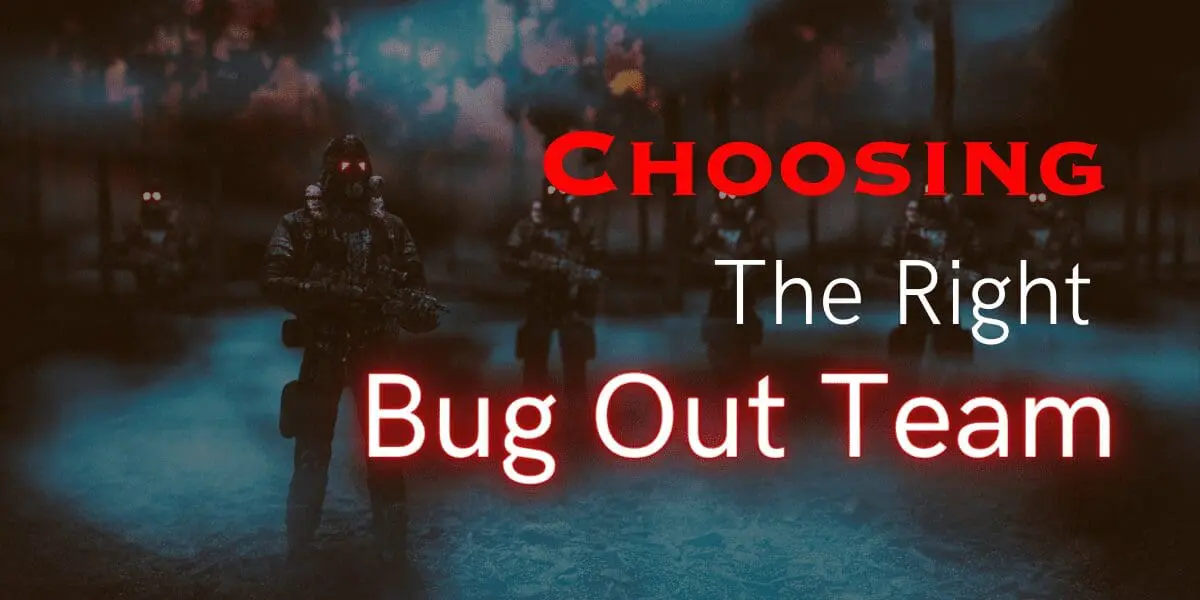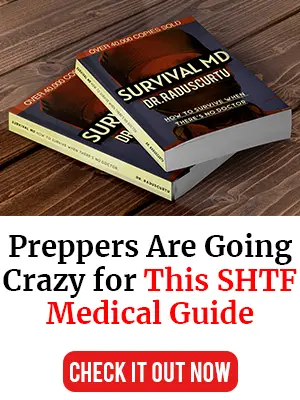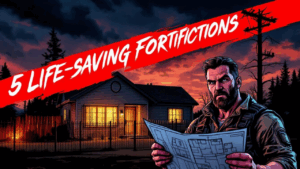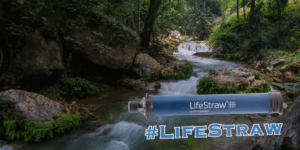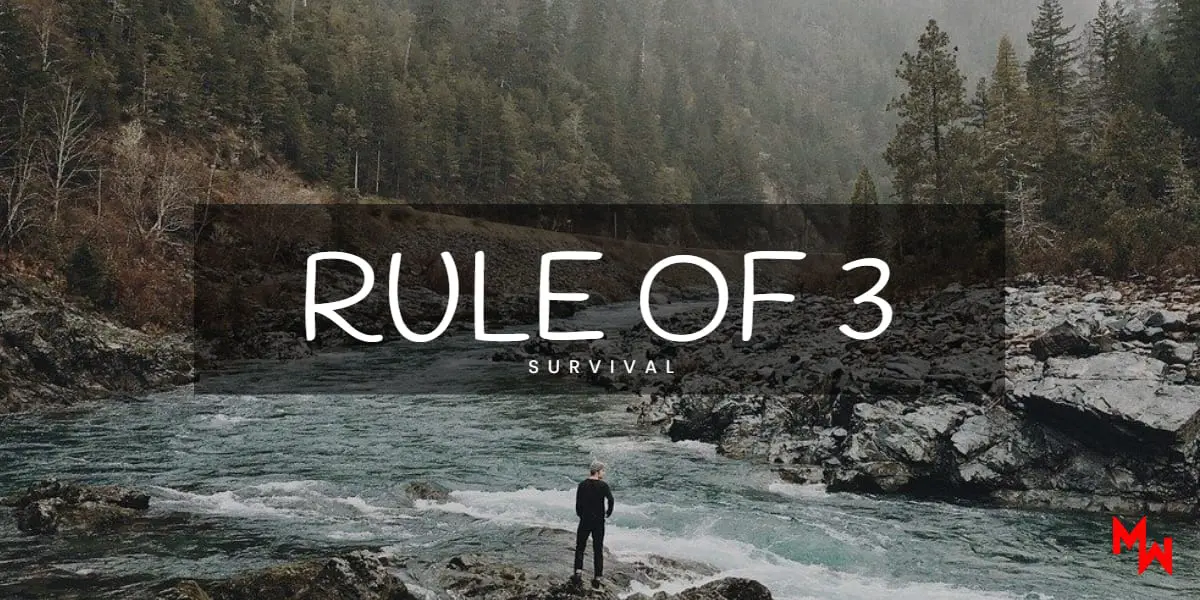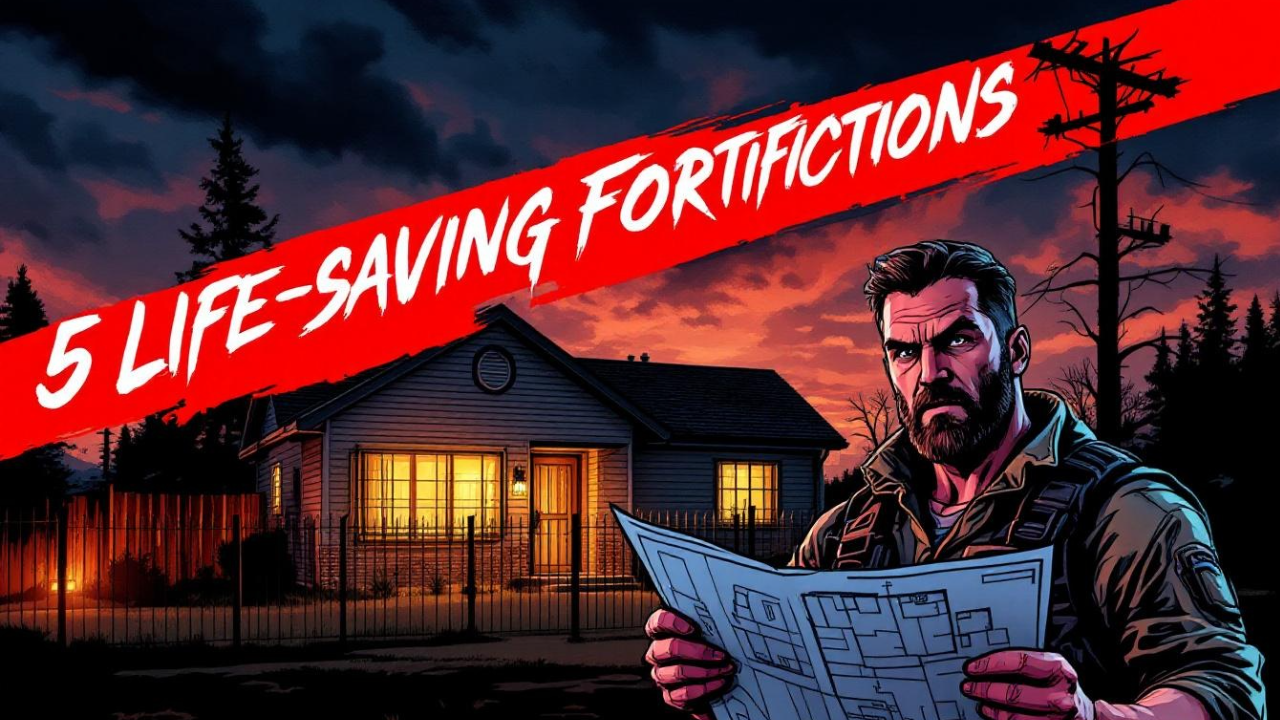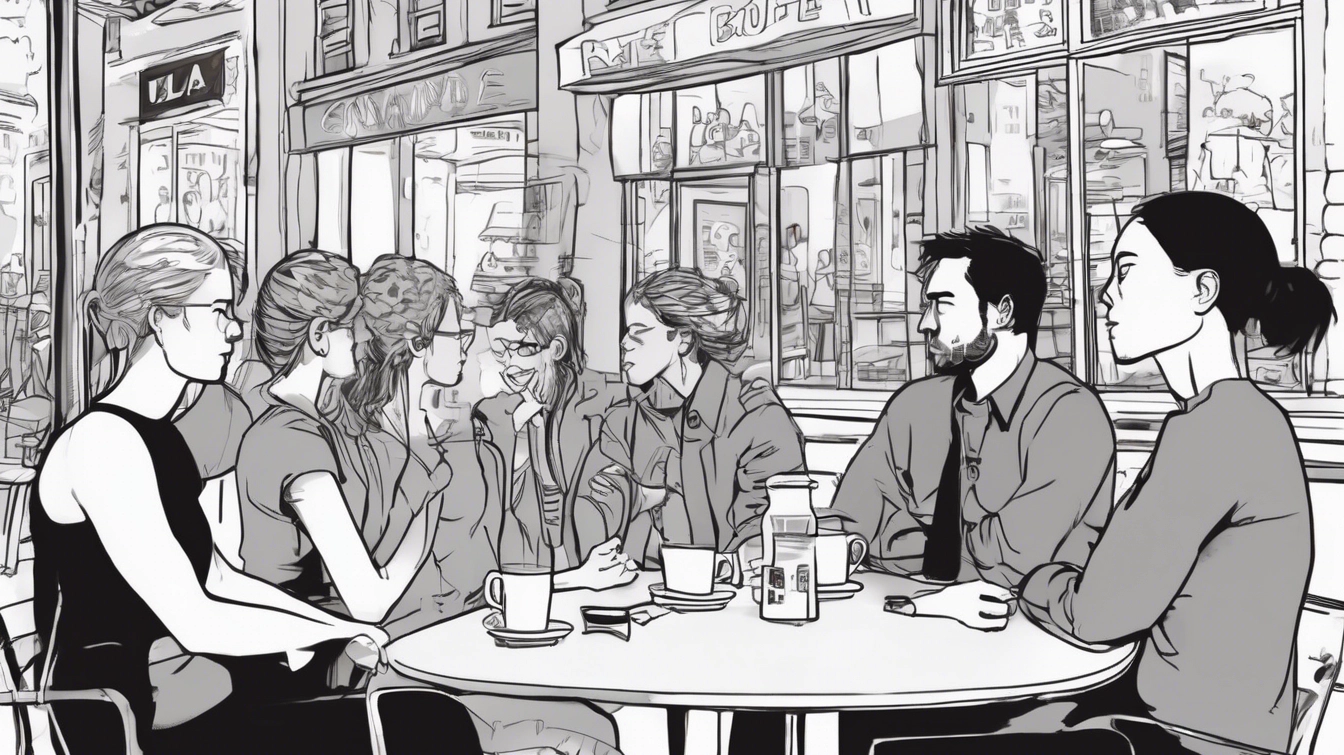There have been times of destruction in history that have suddenly uprooted people from their normal way of life. Think Holocaust and other genocide type events. While we don’t want it as plan A there are scenarios that could force you to bug out if you want to save yourself and family.
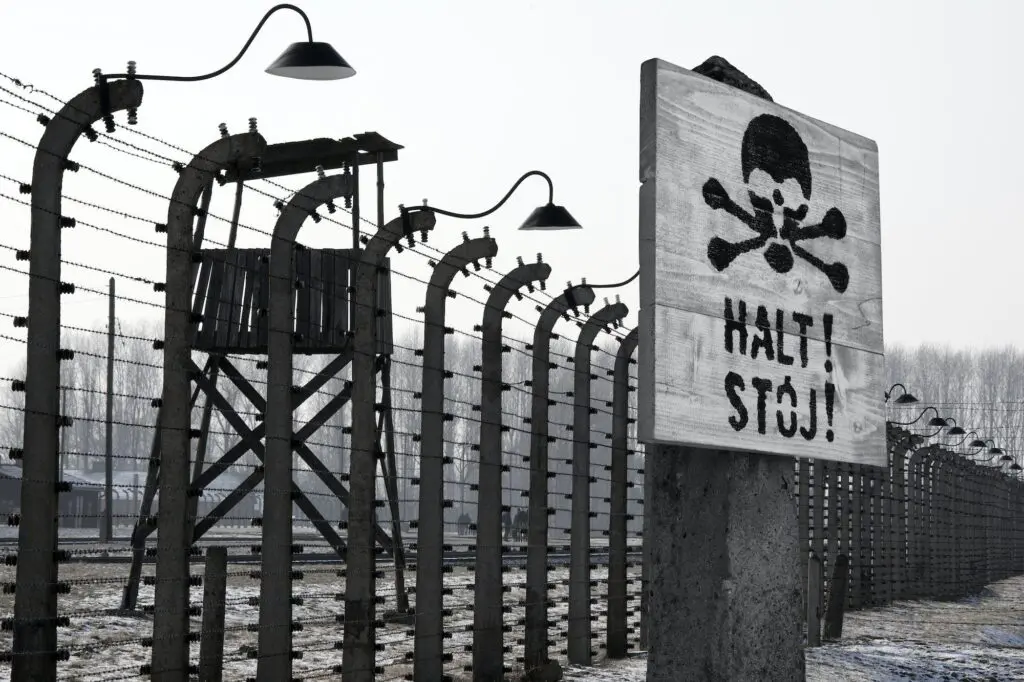
Bugging out however does not have to be a lone adventure. Nor does it have to be limited to just you and your immediate family. There can be power in numbers (granted there is also a bigger footprint). But the people you choose to include on your plan and bug out excursion matter. Your survival could depend on who you’re with. It’s a great idea to anticipate such a situation and pre-develop a bug out team if you will. These should consist of trust worthy, like minded and competent individuals that would benefit the entire group in one fashion or another.
That may or may not be family members. Often times people feel obligated to those that are family – even distantly related – they “owe” it to them to take them along when it’s time to bug out – or they feel responsible to watch out for their co-workers and other semi close acquaintances.
If those above type people can be won over during the pre-planning process then that’s great. However, you have a family member who you love, but you know that person is prone to panic and will cause problems, general detraction from the group, and likely get you killed, you have to keep in mind that your first responsibility is to yourself and immediately family – not adults who are old enough and physically capable enough to care for themselves.

In a crisis situation, not everyone you like is a optimal choice to bug out with. These might be people who didn’t bother to prepare so now they’re going to be a drain on your resources. This is why it’s important to lay the ground work in the planning stages. There should be no guilt harbored by you when you attempted to bring them onboard but they refused to heed advice.
They don’t add anything to the group effort. You don’t owe your neighbor, your work buddy or your acquaintances anything when survival is on the line. You want to avoid taking people who will add to the chaos, who won’t help out and who feel like it’s everyone else’s job to take care of them. There will be more than enough problems to navigate without you adding your own self inflicted ones.
You want your bug out group to consist of like-minded people who are prepared. This is why you need to network with other preppers and self reliant types. By being prepared and connected, you can not only bug out safely and efficiently, but you’ll be able to establish a solid way of life when you reach your bug out destination. Not to mention having this kind of network in place is beneficial even if you never bug out.
Look to connect with other preppers who have something to bring to the group. You want to make sure that the other person’s personality will fit – as well as their skills. You don’t need any troublemakers – the kind of person who wants to always argue or tries to cause rifts in the group. You likely know exactly who these people are already as they tend to be at the heart of all drama. Avoid them.
You want people who are mature enough to work together without stirring up drama, complaining, whining, or who seem to stay in a state of constant offense against someone else.
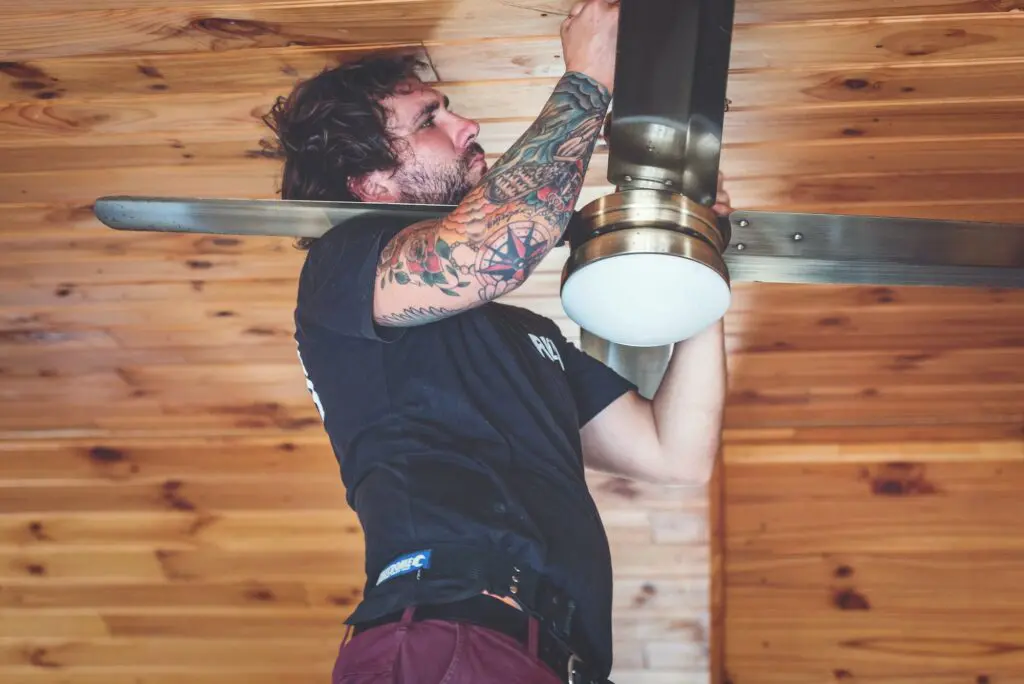
Build a group of people who have carpentry skills. Network with preppers who know the basics of starting life in a new place such as builders, plumbers, farmers, and electricians.
Make sure that your group has people who know how to hunt and survive in the wild – and people who understand plant life. Create your group with people who know security and self defense.
Medical personnel, teachers, and mechanics are all people who can contribute their skills to the group. By choosing the right people to bug out with, life on the go as well as once you reach your bug out destination will be a whole lot easier. Do you have a bug out network in place? Let us know in the comments how you’re handling this topic.

